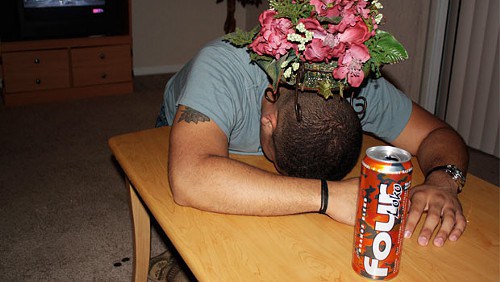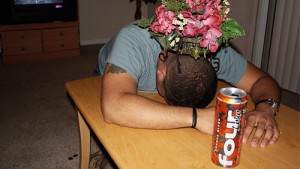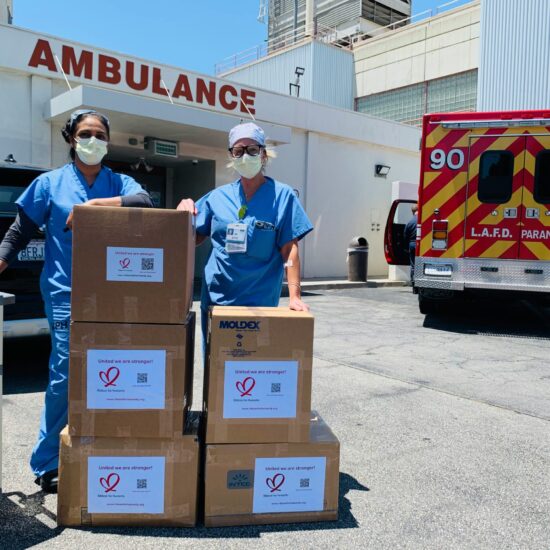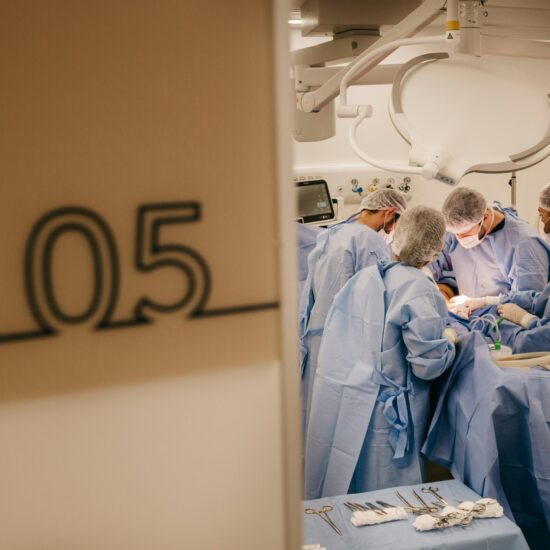
 Word in today’s New York Times that the FDA is ready to take a stand on alcohol-laced caffeinated energy drinks offers a good opportunity to consider the impact of media attention on health policy.
Word in today’s New York Times that the FDA is ready to take a stand on alcohol-laced caffeinated energy drinks offers a good opportunity to consider the impact of media attention on health policy.
Media outlets have been full of stories for months about young people becoming seriously ill or even dying after ingesting the drinks. Most reports have centered on Four Loko, a fruit-flavored malt beverage with 12% alcohol content and caffeine equal of a cup of coffee. It’s known on some college campuses, “Coma in a Can.”
The FDA, which has never approved adding caffeine to alcoholic beverages, has been reviewing whether alcohol-caffeine energy drinks are safe and legal. The review began about a year ago at the urging of 18 state attorneys general.
Four Loko’s manufacturer “has said that drinking premixed alcohol and caffeine is no different from drinking a few glasses of wine with dinner and having coffee afterward,” notes the Times. The company, whose product had been widely available in the US, says it takes steps to prevent its products from getting into the hands of minors and complains that Four Loko is being targeted unfairly.
But the drumbeat of media reports has spurred state action ahead of an FDA ruling. Several states have banned the drinks; New York’s governor says his state will as well, and that state’s main beer distributors have agreed to stop delivering caffeinated alcoholic beverages to retailers.
Today’s Times says the popularity of these drinks “has caught college officials, doctors, lawmakers and federal regulators off guard.” But I’m not sure why.
A recent posting in PLoS blogs by pharmacologist David Kroll, PhD, points to a Raleigh (NC) News & Observer story noting that, although the sale of pre-mixed alcohol/caffeine combos has been relatively recent, “the trend of mixing caffeinated energy drinks with alcoholic beverages at bars has been common since the early 2000s. “ A recent report in Salon says the same.
So in light of years of focus on the dangers of alcohol abuse, especially among young people, maybe someone who was paying attention – preferably a highly placed public health or policy type – would have put two and two together before now.
It’s not like there’s no scientific data to augment the media’s clearly worrisome anecdotal reports. There might not yet be reams of peer-reviewed papers, but as Dr. Kroll notes, evidence of the potential danger of alcohol-caffeine combinations appeared as far back as 2006. He cites work by researchers at the Federal University of Sao Paulo, Brazil, showing that caffeine could mask alcohol’s impairment effects on study subjects. “So, even if caffeinated energy drinks cause one to feel more alert while drinking alcoholic beverages, one’s blood alcohol levels can be deceptively high,” he says.
The FDA, seen by some as reenergized (no pun intended) by new Commissioner Margaret Hamburg, MD, still has come under fire from some state officials for not acting sooner. The FDA says it is “taking a careful and thorough look at the science and the safety of these products,” the Times reports.
It seems likely, however, that as careful as any review of this kind needs to be, the media spotlight can’t help but affect the pace of deliberations. High-profile reports of dead teenagers and college kids do tend to focus the health policy mindset.
The Times says the FDA could issue its verdict as early as Wednesday. Would agency experts still be reviewing evidence had reporters not been on this story as they have? Might the media or public health officials have picked up on the issue sooner? If so, might those kids made ill or worse after drinking Four Loko have avoided a trip to the ER?
Obviously, we can’t know. But maybe this episode offers us a useful opportunity to think about the delicate dance that the media does with health policymakers and consider how we might all do a better job next time.
Bill Sillberg is Senior Fellow and Chair of the National Advisory Council for the Center for Health, Media and Policy
Editor’s note: The FDA action mentioned in this this blog post was announced as expected Wednesday, when the agency told Four Loko’s manufacturer and three other companies that their caffeinated alcoholic beverages were unsafe and cannot be sold in the US. The companies have 15 days to act on the warning. Four Loko’s manufacturer beat the FDA to the punch, saying Tuesday that it will remove caffeine from the product.








Pingback: La Vida Loko — What’s Taking So Long? « Communications for fun and (non)profit(s) / November 16, 2010
/